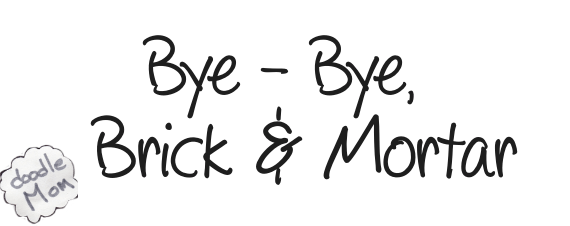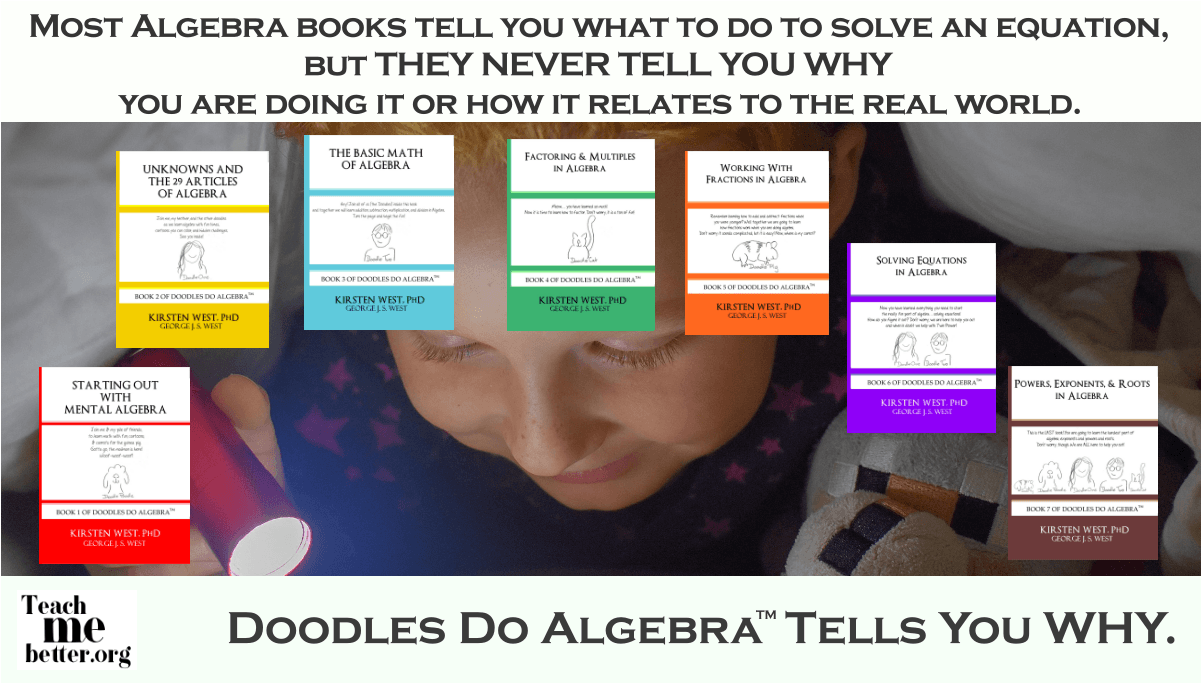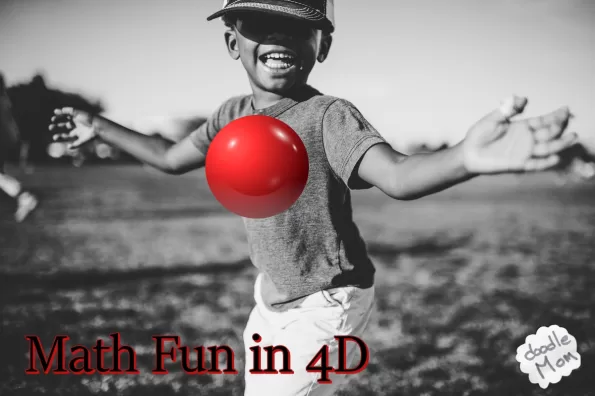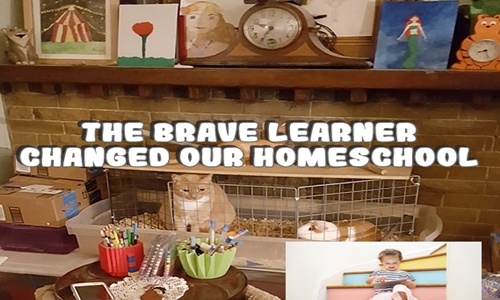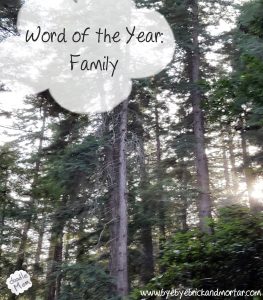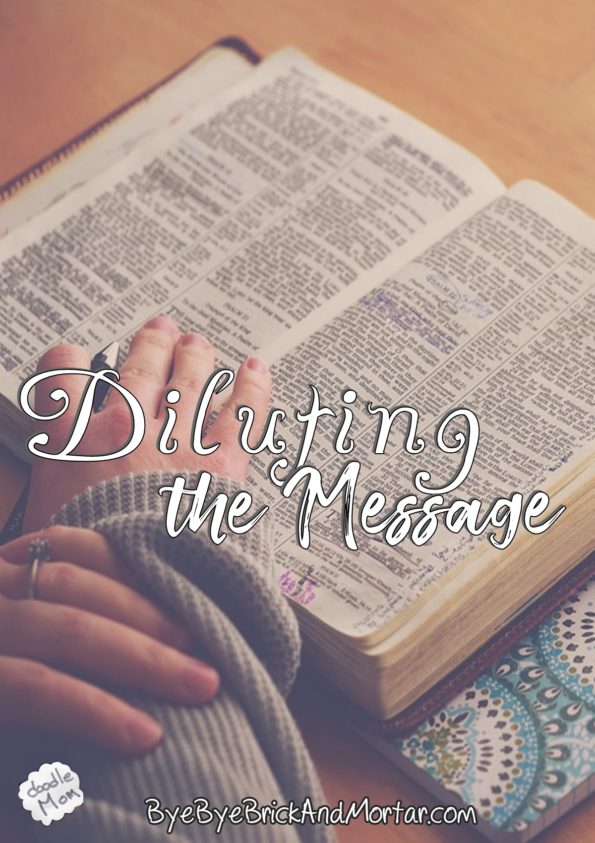 Looking back in order to evaluate. It is always a worthwhile activity. Sometimes you gain insight about the behavior of your guinea pig. And sometimes it yields an insight that helps to guide your future.
Looking back in order to evaluate. It is always a worthwhile activity. Sometimes you gain insight about the behavior of your guinea pig. And sometimes it yields an insight that helps to guide your future.
Yesterday afternoon I sat down with one of my kids for a chat and we got around to the subject of guinea pigs who think they can fly. Yes, we have one of those. She has twice now taken a leap and ended her flight nose down, and with sore teeth. We sing the “Wonderpets” theme song to her now as we feed her finely chopped celery (the only thing she can eat at the moment).
On a whim, my daughter and I pulled up a “Wonderpets” episode so we could see if it was as fun as we remembered. While amusing, my daughter found it a bit embarassing. As she put it, “It’s like the writers thought kids are not smart.” After talking about this a while, we remembered a program both my kids loved when they were young: “Little Einsteins”. So we watched an episode and immediately I remembered why I allowed them to watch. The skills that “Little Einstein” teaches include reading music, learning rhythm, understanding musical eras, learning patterns, developing your “musical ear”, singing in tune, learning about the composers, and understanding art of the time period in which a given musical piece was written. Disney disappoints me in so many, many ways but this one program was really good for kids. It taught “up” rather than dumbed down.
Looking back, learning in a coherent manner about art and music really is important. The influence each other and in turn both inspire and are inspired by historical events. Arts are an expression of thought and a creative record of history. Arts feed and influence our culture and need an opportunity to be freely expressed so that artists of all political persuasions have an opportunity to be heard and seen. Without the arts, we are no longer human – the need for expression is ingrained in our humanness.
